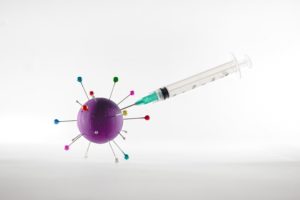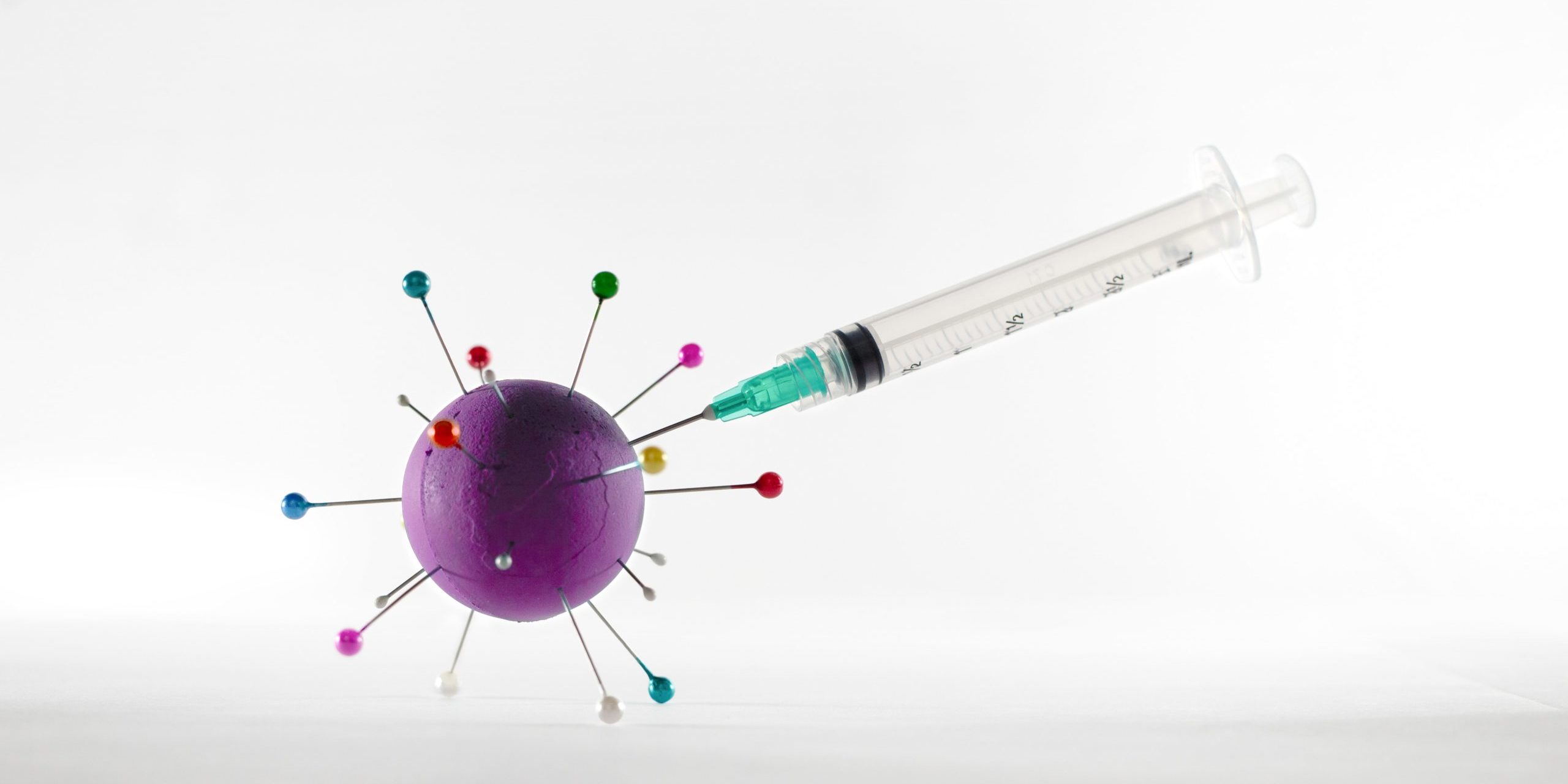 Over the last few months there’s been a lot of misinformation circulated about the COVID-19 vaccines. Health experts are urging as many people as possible get vaccinated to stop the spread, but with vaccines developed at unprecedented speed, people may have questions and concerns about getting the vaccine. Let’s set the record straight about some of the most common COVID vaccine myths.
Over the last few months there’s been a lot of misinformation circulated about the COVID-19 vaccines. Health experts are urging as many people as possible get vaccinated to stop the spread, but with vaccines developed at unprecedented speed, people may have questions and concerns about getting the vaccine. Let’s set the record straight about some of the most common COVID vaccine myths.
Myth #1: The “fast-tracked” COVID-19 vaccines are risky because they were rushed.
Fact: The FDA-authorized COVID-19 vaccines are highly effective and have gone through three phases of clinical trials as any other vaccine would. Time was saved during development through different strategies, for example manufacturing the vaccines during the same time as the trials. With over 50 million individuals already vaccinated, no serious side effects have emerged.
Myth #2: I had COVID, so I don’t need the vaccine.
Fact: Due to the severe health risks associated with COVID-19 and the fact that re-infection with COVID-19 is possible, vaccine should be offered to you regardless of whether you already had COVID-19 infection.
Myth #3: The vaccine might give me COVID.
Fact: There is no chance of getting COVID from the vaccine, there is no COVID in the vaccines.
Myth #4: The mRNA vaccines will alter my DNA.
Fact: None of the COVID vaccines alter or interact with your DNA or any other part of your body.
The Pfizer/BioNTech and Moderna vaccines contain a small piece of messenger RNA. The mRNA teaches our cells how to make a protein—or a piece of a protein—that triggers an immune response inside our bodies. That immune response, which produces antibodies, is what protects us from getting infected if the real virus enters our bodies.
The single dose Johnson & Johnson vaccine, which is now authorized for emergency use by the U.S. Food and Drug Administration, uses viral vector technology. This means a common cold virus is genetically engineered to deliver a blueprint of the spiky protein found on the surface of the coronavirus. When the engineered cold virus enters the cells, the cells follow genetic instructions to construct a replica of the coronavirus protein spike and the immune system uses these replicas to recognize and respond to the real thing. However, the actual virus won’t replicate there and won’t give you a cold or COVID. It delivers genetic instructions, similar to the mRNA used in the Pfizer and Moderna vaccines.
Myth #5: The vaccine will make me susceptible to illness while it takes effect.
Fact: There’s no evidence or even biological plausibility to suggest this is true. In mRNA vaccines, the messenger RNA that helps make you immune to COVID does not make you more susceptible to other diseases.
Myth #6: If everyone else gets the vaccine, I don’t need to get it because I’ll benefit from herd immunity.
Fact: We are a long way from herd immunity, which may take up to another year to 18 months to achieve. In this country, roughly 3,000 people a day are dying of COVID. It’s not in anyone’s best interest to wait for herd immunity. COVID is not going to disappear, but it will become more manageable over time and vaccination will play a big part in that.
Myth #7: I just got the flu shot, so that gives me some protection against COVID.
Fact: The flu shot does not provide any immunity to COVID and vice versa. Each vaccine treats a different disease, and both vaccines are needed.
Myth #8: I can’t take the vaccine because I have severe allergies.
Fact: History of allergies does not automatically exclude you from getting the vaccine. Those who have had history of severe allergic reactions should talk with their doctor.
Myth #9: I am planning a pregnancy/pregnant/breastfeeding, so I can’t get the vaccine.
Fact: Having COVID while pregnant can increase the risk for severe infection, which affects the mother and can affect the newborn. Professional obstetrics and reproductive medicine societies support COVID-19 vaccination for women planning pregnancy, pregnant women, and breastfeeding women.
Myth #10: The vaccine can affect fertility.
Fact: There is no evidence suggesting that fertility problems are a side effect of any vaccine. People who are trying to have children now or plan to try in the future may receive the COVID-19 vaccine when it becomes available to them.
Unfortunately, none of these vaccines are 100 percent effective. However, post vaccine cases of COVID have been mild. Variants and new strains are continuing to evolve, and the vaccine makers may have to adapt in order to provide additional protection against these strains. “Although there has never been another mRNA vaccine, the technology is decades old and this is the culmination of that research,” said David Galinkin, DO, infectious disease specialists at Mather Hospital. “Nearly 100 million people have already received at least one dose of vaccine. Mass vaccination is the most viable way for us to put an end to this pandemic and move on to a brighter future.”

